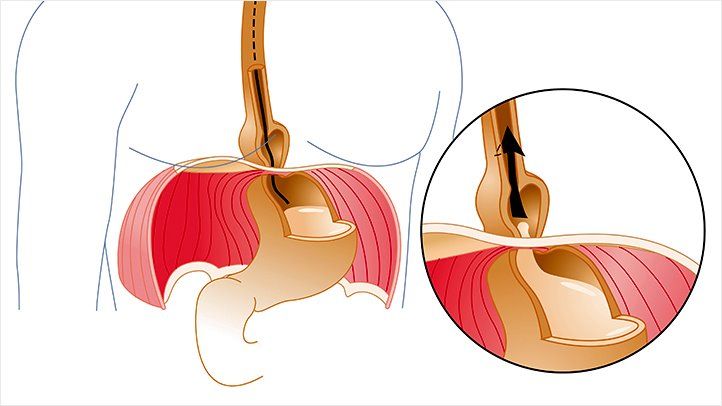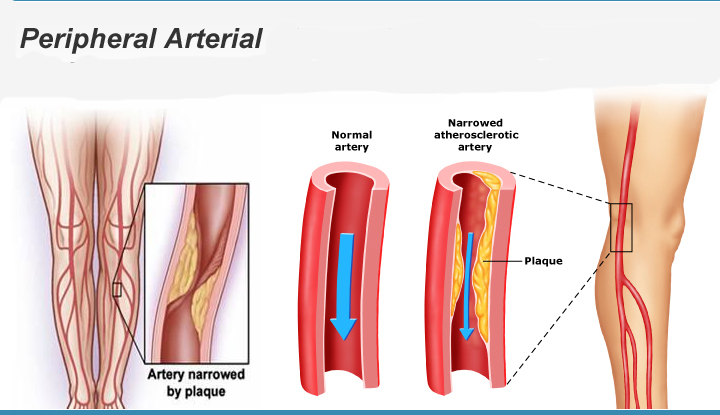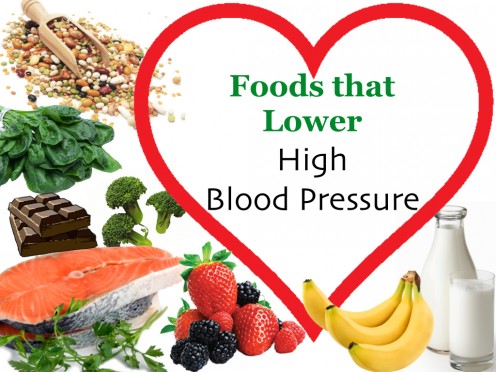Coughing in general would cause some degree of discomfort especially if it persists for more than just a day. Sometimes it gets too bad that a person is unable to eat well or have a good conversation because of the frequent cough. Cough itself can be a symptom of many other medical conditions. If you ask a doctor, you would get a better understanding if the cough itself is just a mild cough or is associated with other disease. Particularly in this article, we will be talking more on cough related to hiatus hernia.

Hiatus hernia or a hiatal hernia is characterised by the upper part of the stomach or other internal organ moving up into the chest through the small opening of the diaphragm. There are no clear causes identified to cause hiatus hernia but it has been stipulated due to the weakening of the diaphragm as a person ages or elevated pressure inside the abdomen. Such pressure is a result of obesity, pregnancy, chronic obstructive pulmonary disease (COPD) and chronic constipation. Hiatus hernia may occur as a congenital problem壯陽藥
which already existed from birth in babies as a result of underdevelopment of diaphragm or stomach.
Symptoms of hiatus hernia rarely are exhibited and go unnoticed. Most often, hiatus hernia is accidentally found out during complaints related to gastroesophageal reflux disease (GERD). Symptoms such as heartburn, a painful burning feeling in the chest after having a meal and regurgitation as if feeling some food that has been eaten travel up to the mouth are common. Sometimes, a person may taste bitter-tasting fluid as a result of the acid from the stomach going up to the mouth. Other symptoms include difficulty or pain when swallowing, constant burping and feeling bloated.
Hence, what does coughing have to do with hiatus hernia? Dry and persistent coughs can be the result of a hiatus hernia. Cough symptoms mostly occur at night, specifically after having dinner and the cough usually starts when a person lays down. This situation led to acid reflux from the stomach. Constant acid reflux will cause irritation to the airway and send a message to the cough centre located in the brain. This resulted in cough as a response from the cough centre in an attempt to eliminate the irritants. Although cough can increase reflux, hiatal hernia itself may worsen the cough as a result of feedback towards the acid reflux. This looping forth and back response can make ‘causes and effects’ of the cough seem blurry.
Apart from the patient’s history related to GERD and physical findings, other tests are usually requested by physicians to identify structures predisposed to hiatus hernia. Common tests are barium swallow to pinpoint location of the stomach by using x-ray after the patient drink liquid barium, endoscopy to get clear picture of the stomach to locate its position or curvatures and esophageal pH test to determine how frequent acid from the stomach has entered the oesophagus.
Treatment of hiatus hernia is almost the same as treating GERD. This includes usage of antacids and proton pump inhibitors (PPI) to help ease the heartburn. Aside from medicine, lifestyle changes such as smoking cessation, avoiding food that could trigger GERD such as spicy, fatty or acidic foods and healthy eating habits by eating smaller but frequent meals. Surgery is only to be offered if other treatment has failed and if risk for serious complications is high if left untreated.
Never diagnose yourself with hiatus hernia or any other diseases just because you think you have symptoms related to it. Seek medical advice to get a better understanding of what is happening and choices of treatment to help alleviate the symptoms. Nevertheless, a person with GERD does not directly translate to acquire a hiatus hernia or vice versa.
Also read this – Dengue Prevention

Karen is a health blog author who has been writing about healthy living since 2013. She started her journey by adopting a vegan diet and eating only organic foods, but the more she learned, the more she realized that we should all be eating plant-based diets exclusively. As an expert in nutrition and wellness, Karen blogs to educate readers on how they can live happier and healthier lives through food choices!












